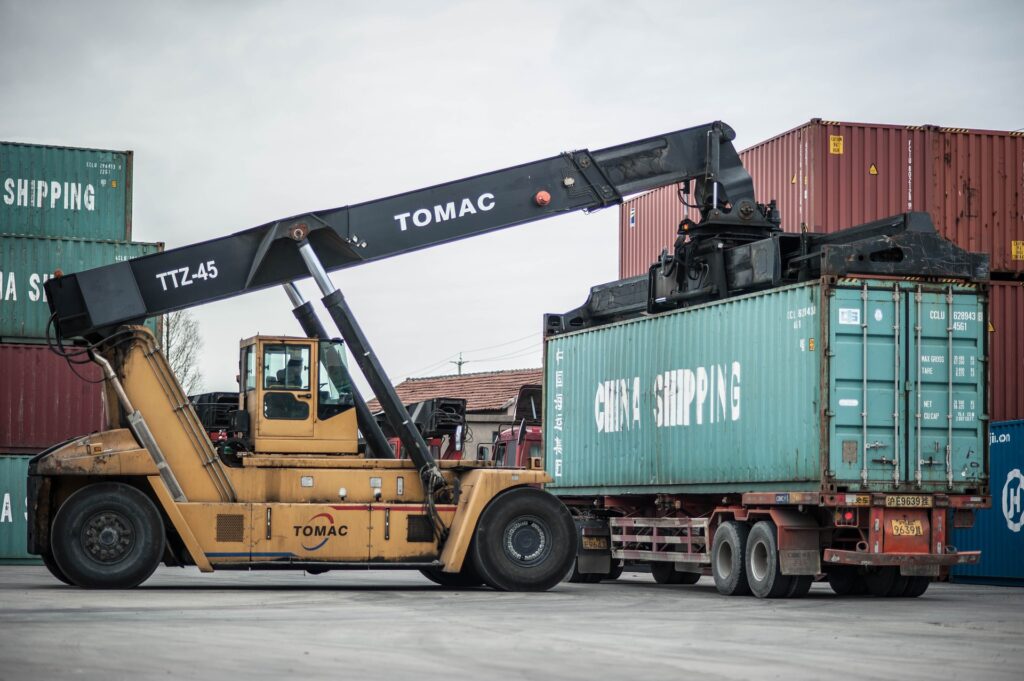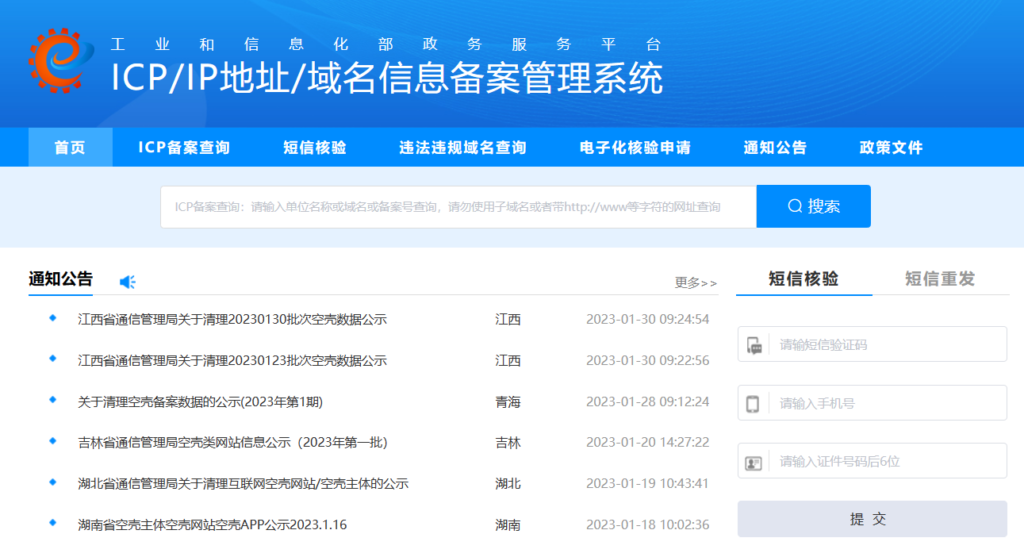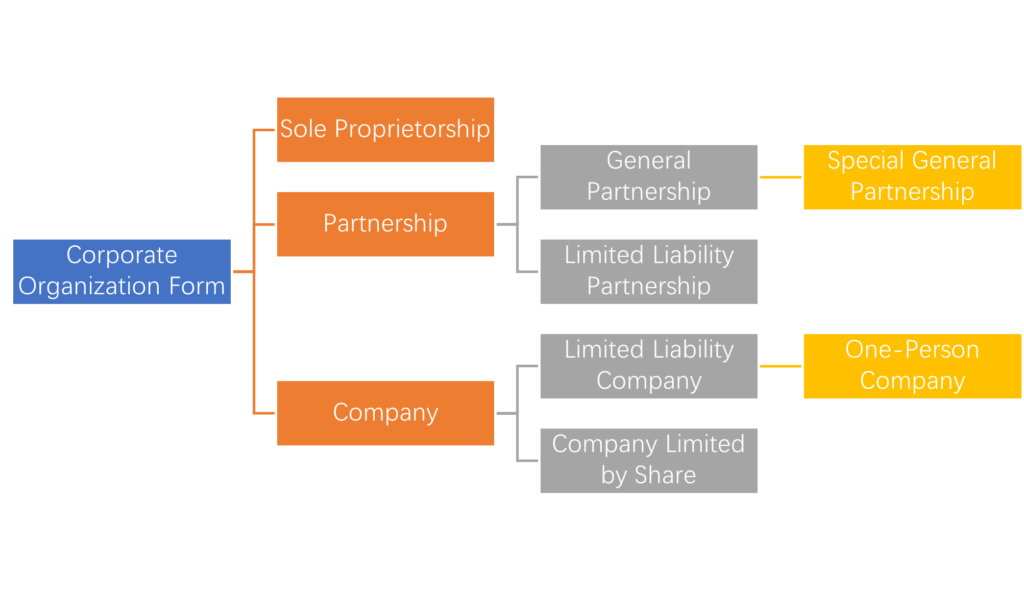Introduction of China’s Cross-Border E-Commerce Regulations (Ⅰ)

According to China Customs’ statistics, the scale of cross-border e-commerce trade in China has increased nearly ten times in five years. The volume of imports and exports has reached 1.98 trillion RMB in 2021, with an increasement of 15%.
The Fundamental Law
The E-Commerce Law of the People’s Republic of China was adopted at the fifth session of the standing committee of the 13th National People’s Congress on August 31st, 2018 and came into effect on January 1st, 2019. The E-Commerce Law applies to all e-commerce activities of sale of goods or provision of services through the internet within China, of which the article 26 of the law regulates the legal basis for cross-border E-commerce.
Article 26 When engaging in cross-border E-commerce, E-commerce operators shall comply with the laws, administrative regulations and relevant rules of the State on import and export supervision and administration.
Administrative Regulations and Rules
For undertaking cross-border E-commerce activities, it is of utmost importance to understand the regulatory requirements and obligations relating to customs, taxation, entry and exit inspection and etc.
In terms of taxation, the Notice on Improving Tax Policy for Cross-Border E-Commerce Retail Imports was jointly published by General Administration of Customs, Ministry of Finance and State Taxation Administration in November 2018. According to the Notice the single transaction limit of cross-border e-commerce retail import has been raised from 2,000 RMB to 5,000 RMB and the annual transaction limit has been raised from RMB 20,000 to RMB 26,000. That is to say, consumers can benefit from duty free shopping within the set limit.
Concerning customs inspection, six authorities have jointly issued the Notice on Improving the Supervision of Cross-border E-commerce Retail Imports in November 2018, which took effect on January 1st, 2019. The Notice elaborates on the legal requirements and obligations of different participating bodies in the E-Commerce activities from enterprises, e-commerce platforms to domestic service representatives, consumers and authorities.
Compliance Suggestions
There are different challenges of doing business in China, regulatory compliance is a critical point foreign companies should not neglect. With the support of Anber Consulting, we will overcome these barriers together with you. To learn more about China Market Entry strategies and regulations, please feel free to send me an email at siming.sun@anber-consulting.com.






